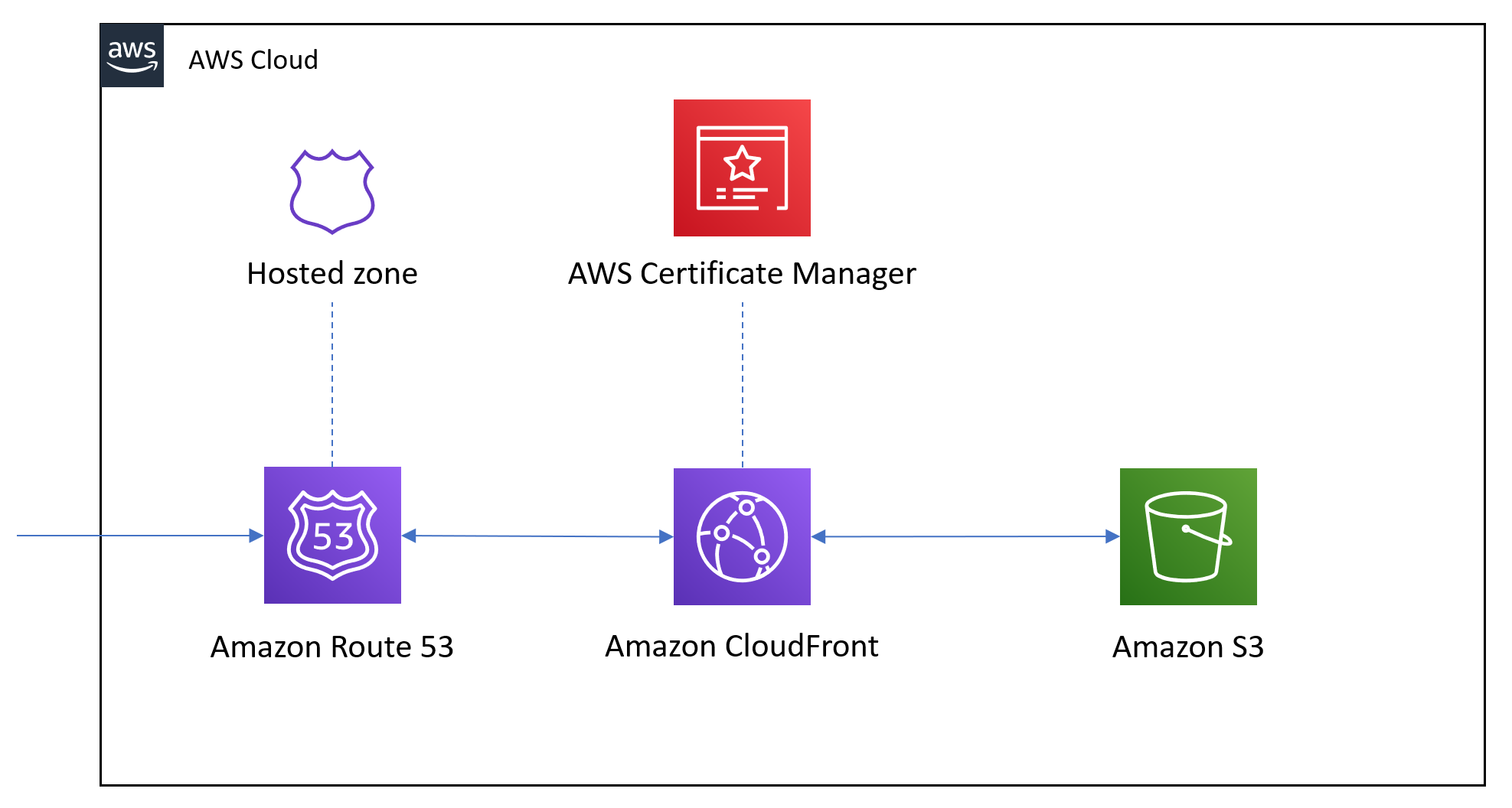Setting up a cloudfront with S3 bucket
30 April 2023 · Filed in DevopsA technical post today. Setting up Static Website with Terraform

CDN?
Terraform
My task this weekend was to migrate a website to AWS. As it is based on Jeykll it only serves static content. Perfect for a Cloudfront -> S3 bucket kinda think.
AWS have done a lot of work and changes in this area, particularly around S3 buckets and security. So here’s an updated guide to Terraform with Static Websites.
State
As we are working with terraform, the first thing we need is somewhere to store the state, like a bucket. This needs to be setup manually (IKR) otherwise we need to store the terraform state for the terraform state bucket …..
A simple bucket, private, with a basic policy will do it. One to enable Getting and Putting objects (update terraform state) and one statement to enable us to find the bucket via List.
{
"Version": "2012-10-17",
"Statement": [
{
"Sid": "Modify",
"Principal": {
"AWS": [
"arn:aws:iam::123456789:user/admin.user",
"arn:aws:iam::123456789:root"
]
},
"Effect": "Allow",
"Action": [
"s3:GetObject",
"s3:PutObject"
],
"Resource": [
"arn:aws:s3:::domain-state/*"
]
},
{
"Sid": "ListBucket",
"Principal": {
"AWS": [
"arn:aws:iam::123456789:user/admin.user",
"arn:aws:iam::123456789:root"
]
},
"Effect": "Allow",
"Action": [
"s3:ListBucket"
],
"Resource": [
"arn:aws:s3:::domain-state"
]
}
]
}
Getting S3
To start we need the basic starting blocks of terraform with a providers.tf file. We also need variables.tf, and
terraform.tfvars to configure the variables.
As I said, S3 buckets are complicated now. The website attribute is deprecated. In fact, quite a few attributes have
been replace by their own terraform resources.
Instead of one S3 resource we have 5 resources, aws_s3_bucket, aws_s3_bucket_website_configuration, aws_s3_bucket_acl,
aws_s3_bucket_policy, aws_s3_public_access_block and if you used it aws_s3_bucket_cors_configuration.
In the terraform docs, I couldn’t find a single place for all of these as an example. You can find one here.
In the file you will find a www_bucket for each resource, together with a template for the policy.
ACLs are disabled by default and need a aws_s3_bucket_ownership_controls block to enable them.
Cloudfront
Cloudfront is easy enough to setup, just needs a Certificate from ACM. one thing of note is in the
viewer_certificate block, sll_support_method can be set to vip which will give you a dedicated IP address and
activate more costs for you.
Route 53
To give access to all this, we need DNS records which are also in the route53.tf along with some google junk.
So head on over to the repo at github for the full (and working) example.
Come ask me and the community questions. You can find me on Slack.
If you found this useful, subscribe to updates and look out for my YouTube channel content.
Previous Post: Confidence - Get more confident - Know your Sh*t Next Post: Acheive your goals through coaching Tags: developer · devops · terraform